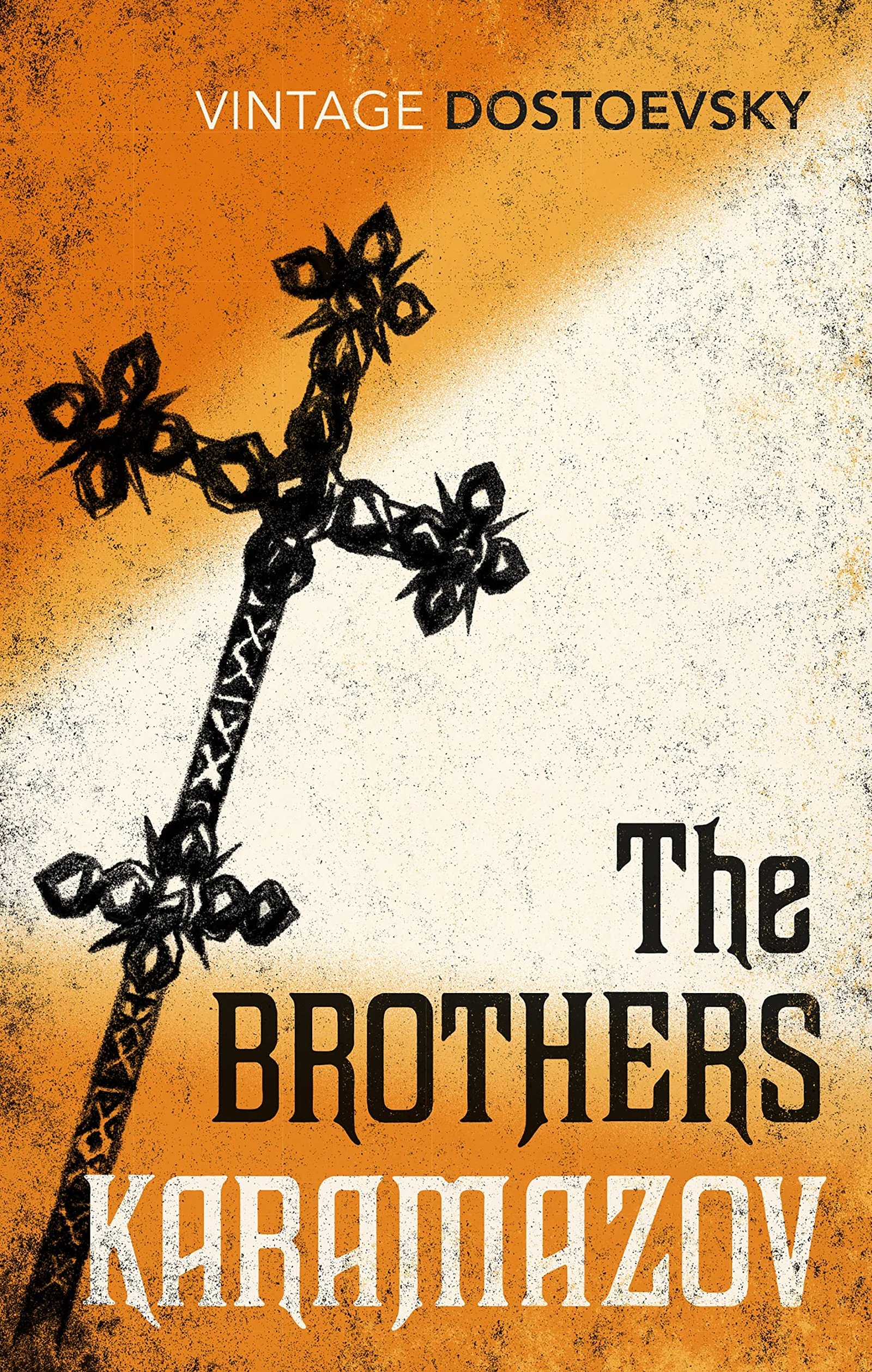In the realm of literary classics, there are few works that command as much reverence and admiration as Fyodor Dostoevsky’s final masterpiece, “The Brothers Karamazov.” A profound exploration of human nature, morality, faith, and the eternal struggle between good and evil, this exceptional novel continues to captivate readers worldwide, inviting them on an intellectual and emotional journey unlike any other. As we delve into the intricate web of the Karamazov family’s lives, we will discover the complex characters, philosophical depths, and enduring impact of this celebrated literary treasure
The Karamazov Brothers: A Family Saga of Contrasts
At the heart of this novel lies the captivating tale of four brothers: Dmitri, Ivan, Alyosha, and the illegitimate Smerdyakov. Each brother embodies distinct qualities, representing various facets of the human psyche. Dmitri, passionate and impulsive, struggles with his desires and inner demons. Ivan, brilliant and tormented, grapples with existential questions and the nature of evil. Alyosha, gentle and compassionate, seeks to navigate the moral complexities of life. Lastly, Smerdyakov, cunning and enigmatic, adds an air of mystery to the family dynamics.
A Murder Mystery Unraveled: The Demise of Fyodor Pavlovich Karamazov
The gripping plot revolves around the brutal murder of Fyodor Pavlovich Karamazov, the patriarch of the family and one of the most despicable characters in literature. The brothers find themselves entangled in the web of the murder, leading to an intense exploration of guilt, justice, and the consequences of their actions.
The Grand Inquisitor: A Philosophical Masterpiece Within a Masterpiece
One of the most celebrated chapters in the novel, “The Grand Inquisitor,” presents a profound philosophical dialogue between Ivan and Alyosha. In this allegorical tale, Ivan recounts a story of Christ’s return during the Spanish Inquisition, posing profound questions about human freedom, faith, and the complexities of God’s existence.
Complex Characters and Their Moral Struggles
Dostoevsky’s genius lies in his ability to craft multidimensional characters with inner conflicts and complexities that resonate with readers. We witness the inner turmoil of each brother as they confront their moral dilemmas, personal biases, and beliefs.
A Tale of Dysfunction and Dysphoria: Exploring the Karamazov Family’s Interactions
The Karamazov family dynamics serve as a microcosm of society, reflecting the complexities of human relationships, the impact of dysfunctional family structures, and the consequences of a tumultuous upbringing.
The Fusion of Spirituality and Existentialism
At its core, “The Brothers Karamazov” is a spiritual drama that grapples with profound questions about the human condition, the existence of God, and the nature of free will. Dostoevsky’s exploration of existential themes further enriches the narrative, challenging readers to ponder their own existence and purpose.
The Writing Style and Narrative Structure
Dostoevsky’s writing style is often praised for its depth and richness, which can be both captivating and challenging. The narrative structure, while complex, adds layers of depth to the story, enhancing its philosophical underpinnings.
Enduring Themes and Relevance Today
Though set in 19th-century Russia, “The Brothers Karamazov” addresses timeless themes that remain relevant in contemporary society. Themes of justice, faith, morality, and the complexities of human nature continue to resonate with readers of all ages.
Critical Reception and Legacy
Since its publication, “The Brothers Karamazov” has garnered widespread acclaim, with critics hailing it as a literary masterpiece. Its influence extends far beyond the realm of literature, inspiring countless writers, philosophers, and thinkers over the years.
Conclusion: Embracing the Complexity of the Human Experience
As we bid farewell to the Karamazov brothers and their tumultuous journey, we are left with a profound sense of introspection. Dostoevsky’s magnum opus serves as a reminder that life is filled with moral ambiguities and profound questions that may never have simple answers. Through the trials and tribulations of the Karamazov family, we are invited to contemplate our own existence, morality, and the eternal struggle between good and evil.

